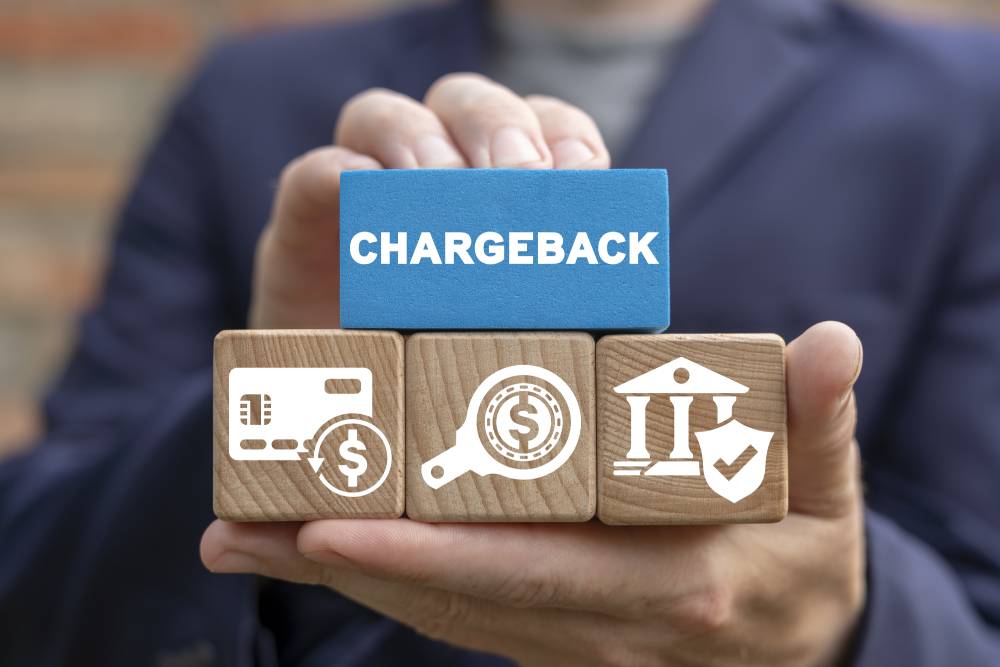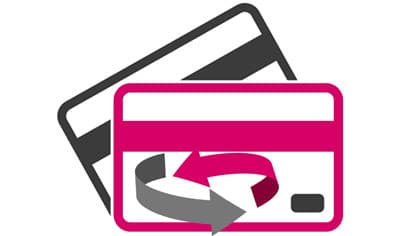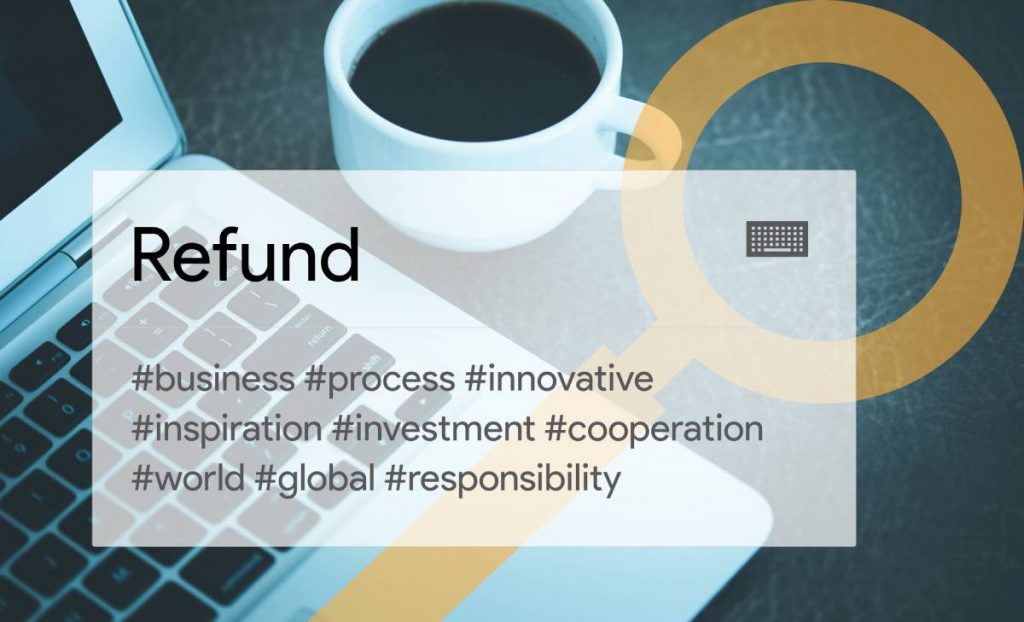Chargeback Process
Sometimes a chargeback is simple. If you see an unauthorized charge, you may call the issuing bank and ask them for a chargeback. If you have reported the card lost or stolen, this request can be simple. However, what the usual chargeback definition refers to a complex chargeback process that involves the issuing bank as an arbiter deciding between the customer’s claim and the merchant’s counter-argument.
The chargeback process is more challenging than in the past. It has been complicated by the rapid increase in online scams and chargeback fraud. Since the COVID-19 pandemic began, the internet has been a setting for many forex scams and crypto scams. Many customers try to get their money back of they have been cheated by a merchant or a broker.

In addition, there has been a rise in chargeback fraud or so-called “friendly fraud.” This is a virtual form of shoplifting that involves the customer keeping the item while asking for a refund and filing a fake complaint. Issuing banks are inundated with legitimate and fake chargeback claims and must be selective about which ones they accept.
Therefore it is important to be well-informed about the chargeback process before your file a claim. Knowing the steps involved, criteria for fraud or dispute claims, and what issuing banks take into consideration in these cases can increase your chance of a winning chargeback claim and getting your money back.
Chargebax has the expertise and the right strategies to make your chargeback claim successful. We work with hundreds of banks and financial institutions and can communicate your case to your advantage.

